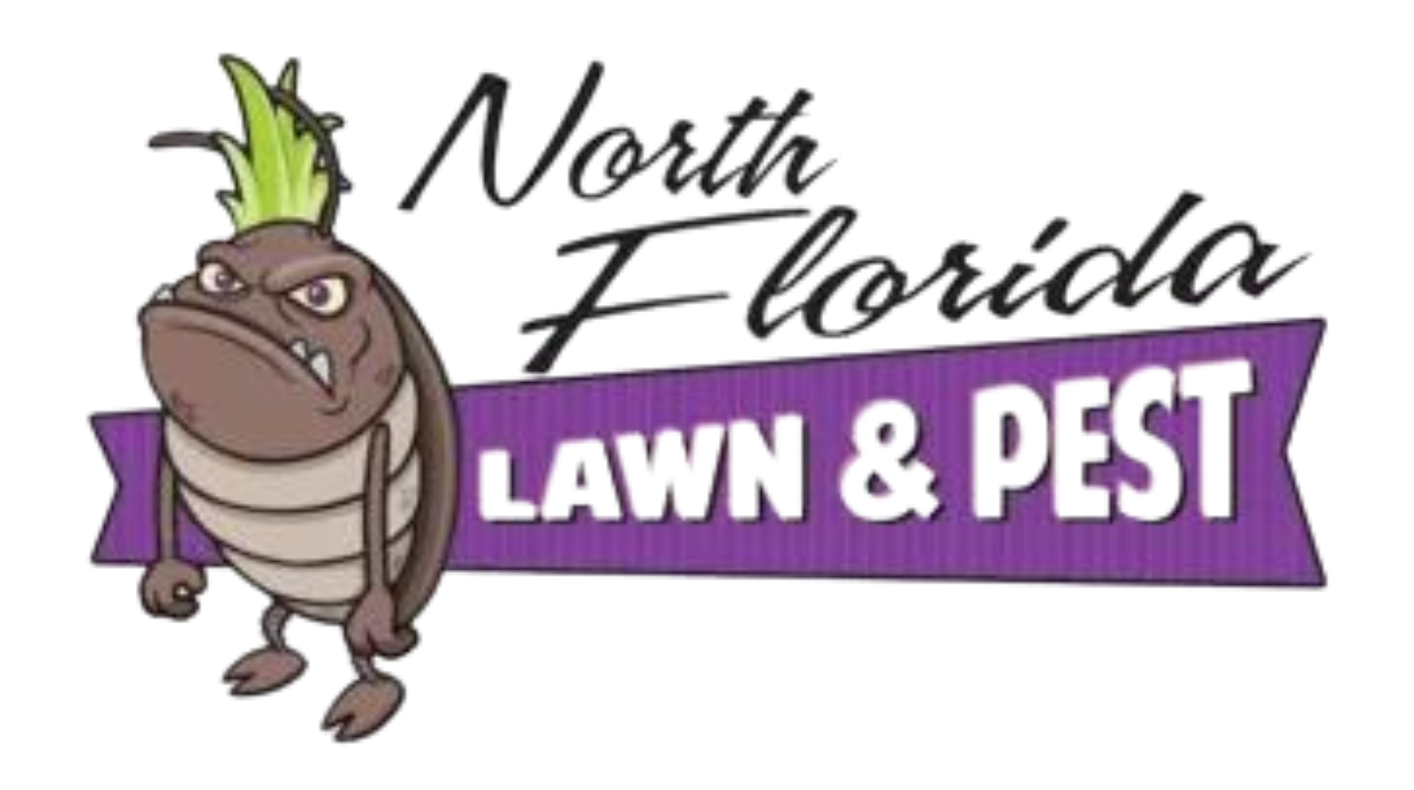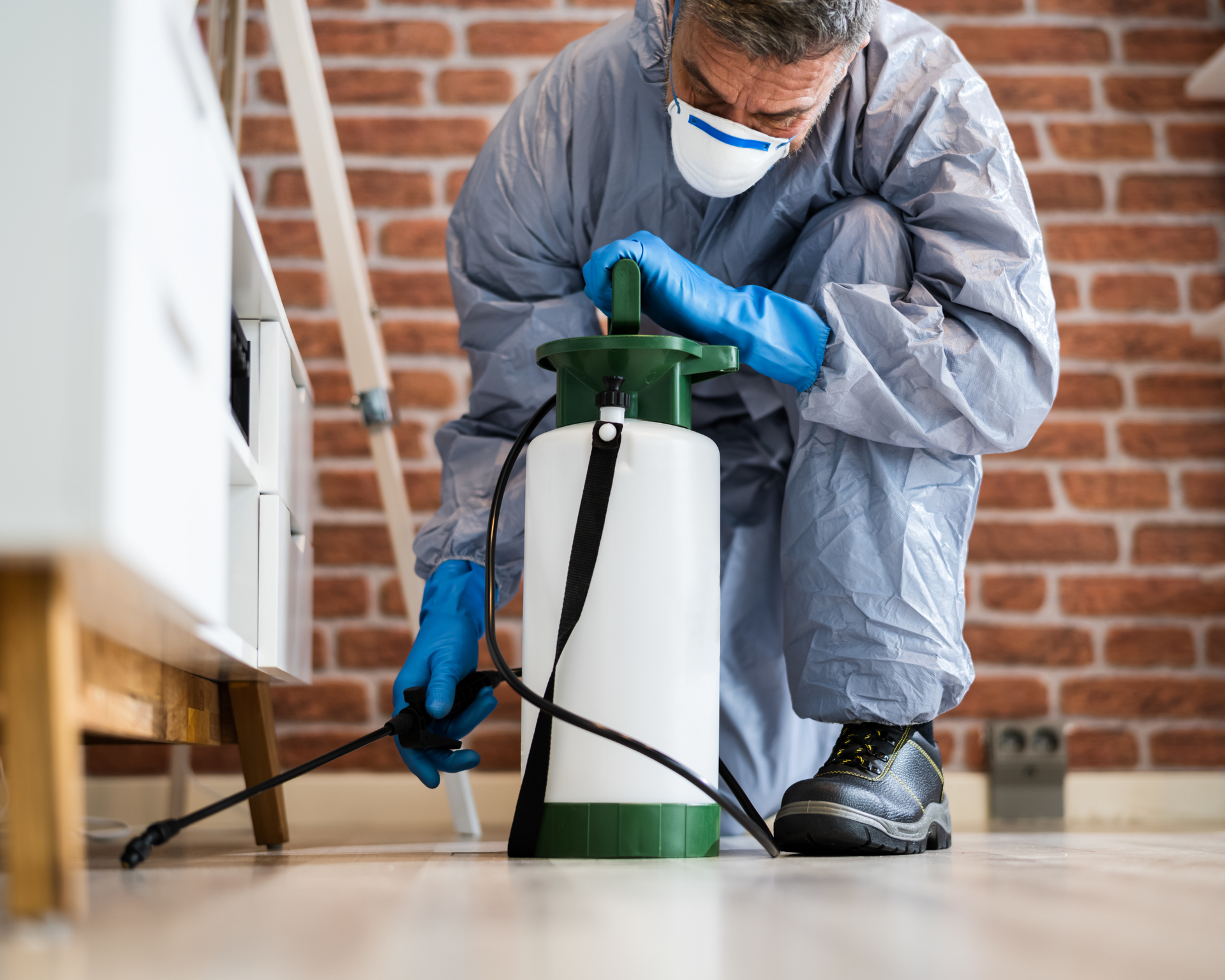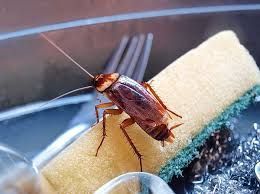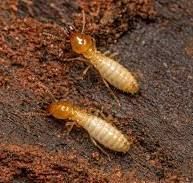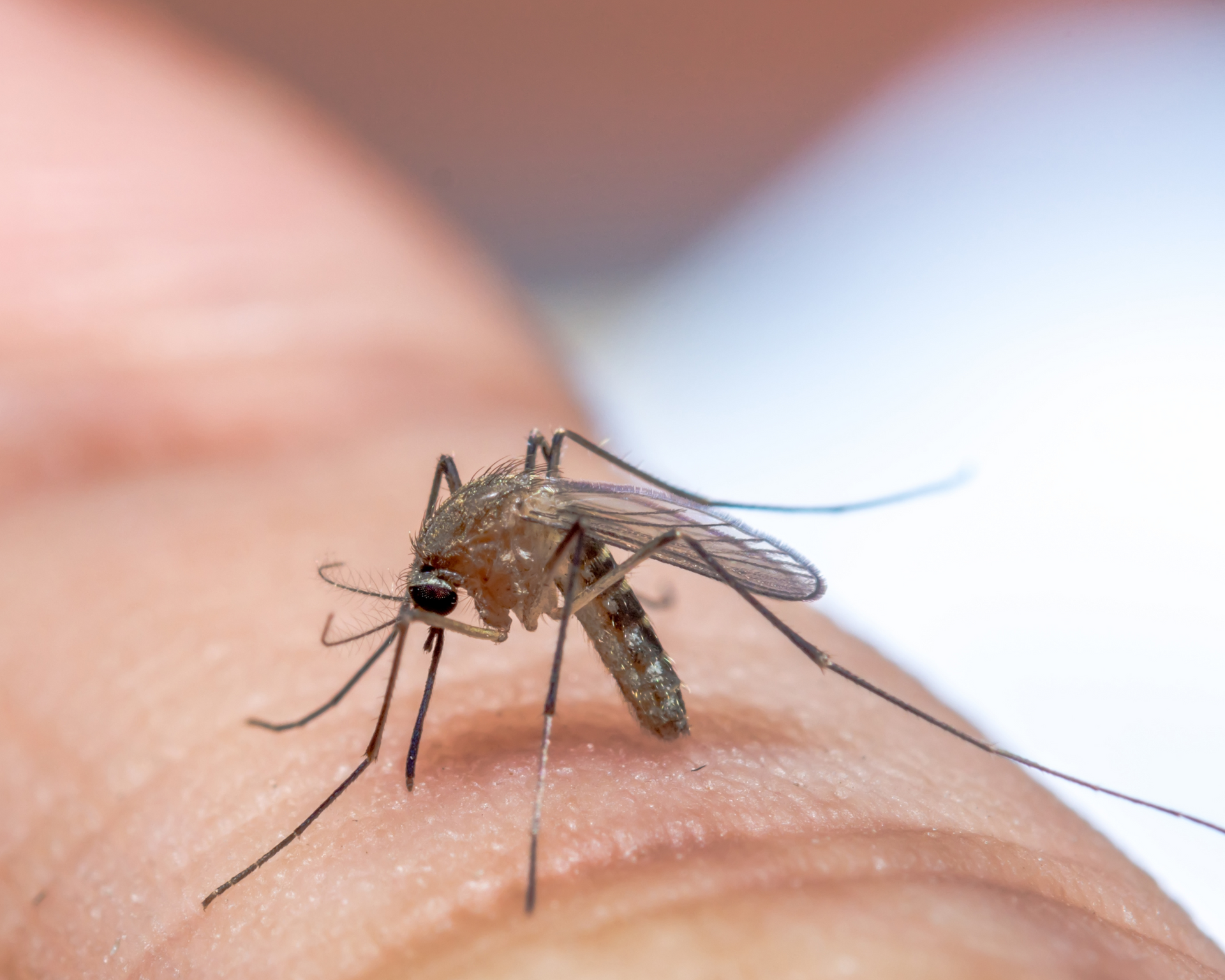How Can You Protect Your Home from Seasonal Pest Invasions?
Effective Ways to Protect Your Home from Season Pest Invasions
As the seasons change, so do the habits of pests. Whether it’s ants in the summer or rodents seeking warmth in the winter, pests are always looking for ways to enter your home. Seasonal pest invasions can be a nuisance and even pose health risks to your family. The good news is that there are simple, effective and professional pest control methods that can help protect your home year-round. Let's explore the various steps to keep your home pest-free, no matter the season.
Understanding Seasonal Pests
Different pests become active during specific times of the year. Here’s a quick look at common seasonal pests:
- Spring and Summer: Ants, mosquitoes, flies, and wasps are more active in warmer months.
- Fall: Spiders, cockroaches, and rodents start seeking shelter as temperatures drop.
- Winter: Mice, rats, and other small animals look for warm, cozy spaces inside homes.
Knowing what to expect each season can help you stay ahead of potential infestations.
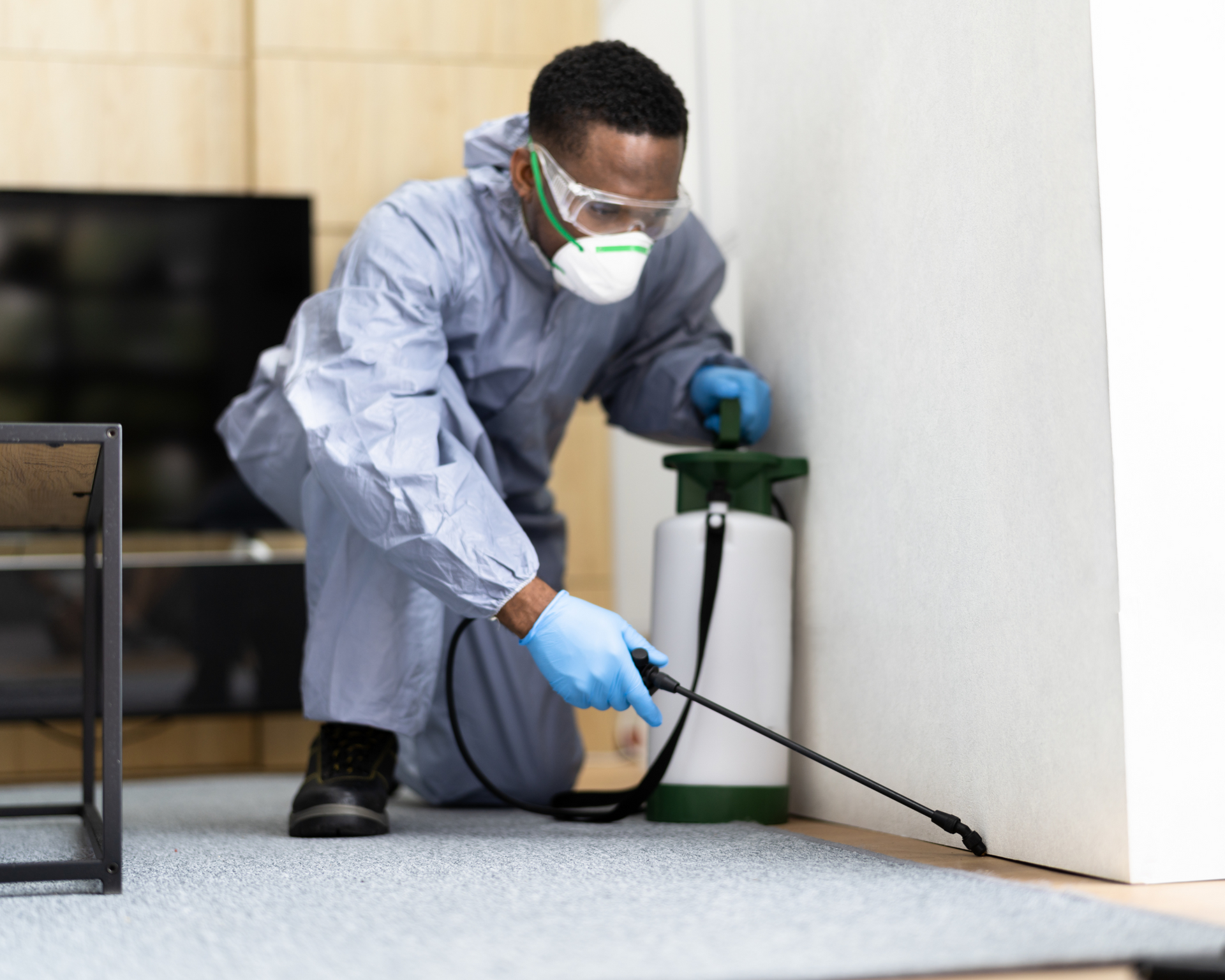
Step 1: Seal Up Your Home
Pests often enter through tiny cracks and gaps in your home’s exterior. Inspect your house for any openings and seal them up. Focus on the following areas:
- Windows and doors: Use weather stripping or caulking to seal gaps around frames.
- Foundation cracks: Repair any cracks in your home’s foundation.
- Vents and pipes: Cover vents with mesh screens and seal gaps around pipes.
A little maintenance goes a long way in keeping pests outside where they belong.
Step 2: Keep Your Home Clean
Pests are drawn to food, water, and clutter. Keeping your home clean and organized reduces their chances of settling in. Here are some tips:
- Clean up spills: Wipe up food and drink spills immediately to avoid attracting ants and other insects.
- Store food properly: Keep food in airtight containers and avoid leaving pet food out overnight.
- Take out the trash: Empty garbage cans regularly and use bins with tight-fitting lids.
- Declutter: Get rid of old newspapers, cardboard boxes, and unused items where pests like to hide.
By eliminating food and hiding spots, you make your home less inviting to pests.
Step 3: Manage Your Yard
Your yard plays a big role in keeping pests away from your home. Many pests come from outdoor spaces, so maintaining your yard is essential. Here’s what to do:
- Trim vegetation: Keep bushes, trees, and grass well-trimmed to reduce places for pests to hide.
- Remove standing water: Empty birdbaths, kiddie pools, and other containers where water collects to prevent mosquito breeding.
- Store firewood properly: Keep firewood piles at least 20 feet away from your home and off the ground to avoid attracting termites and rodents.
- Clean up debris: Rake leaves and remove fallen branches to minimize shelter for pests.
A tidy yard creates a barrier that pests are less likely to cross.
Step 4: Be Proactive with Pest Control
Sometimes, even the best prevention efforts aren’t enough to keep pests at bay. That’s why it’s helpful to have a pest control plan in place. Here are a few options:
- Seasonal pest inspections: Hire a professional to inspect your home and yard for signs of pests at the start of each season.
- Use traps and repellents: Set up traps for rodents and use natural repellents like peppermint oil to deter insects.
- Apply treatments: For persistent pests like termites or ants, consider targeted pest control treatments from a licensed professional.
Staying proactive reduces the likelihood of an infestation taking hold.
Step 5: Educate Your Family
Everyone in your household can play a part in keeping pests away. Teach kids and adults alike about simple steps they can take, such as:
- Closing doors and windows to keep bugs out.
- Not leaving food or drinks outside.
- Reporting any signs of pests, like droppings or chewed wires.
The more everyone works together, the easier it is to maintain a pest-free home.
Step 6: Know When to Call a Professional
If you’re dealing with a large infestation or pests that are difficult to remove, like termites or bedbugs, it’s best to call a pest control expert. Professionals have the tools and knowledge to eliminate pests quickly and safely. They can also provide advice on preventing future problems.
Want To Learn More? Contact Us
Preventing seasonal pest invasions requires prompt action and a proactive approach. Professional pest control services offer comprehensive solutions to address infestations effectively and reduce the likelihood of recurring issues. Experts utilize advanced tools and techniques to manage pests safely while minimizing disruption to your home environment. Regular inspections and preventive measures, such as sealing entry points and maintaining cleanliness, can help deter pests from settling in. If you notice signs of pest activity or suspect an infestation, contact us today to safeguard your home and maintain a pest-free environment.
Our Additional Posts On Pest Control
Copyright © 2024 - St Augustine Pest Control by NFLP All Rights Reserved
